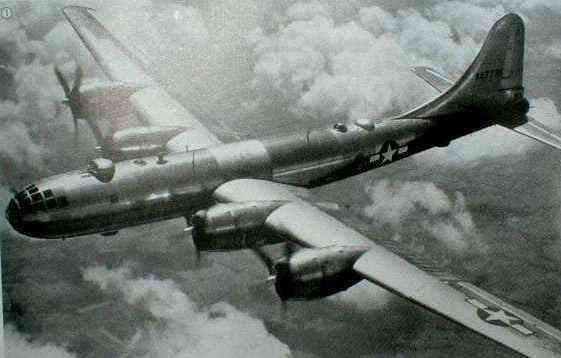Should the atomic bombs have been dropped on Hiroshima and Nagasaki?
Attempts to answer the moral questions raised by the nuclear attacks on Hiroshima and Nagasaki are rooted in a cold-blooded mathematical equation of war.
The rationale is simple: You kill a lot of people now, hoping to save even more lives later.
An estimated 140,000 people were killed at Hiroshima and another 74,000 at Nagasaki. Would an Allied invasion of Japan have been more bloody?
Many factors cloud any calculation:
The battle for the outlying Japanese island of Okinawa a few months earlier killed at least 12,400 Americans, between 100,000 and 127,000 Japanese soldiers and between 70,000 to 80,000 civilians.
About 3,000 kamikaze suicide plane missions were flown at Okinawa, and only a handful of Japanese soldiers surrendered.
More people were killed in the battle for the small island than the combined toll of Hiroshima and Nagasaki.
What would have happened if Kyushu - the westernmost of Japan's four main islands - was invaded in November 1945 as planned?
Or if the Allies went ahead with plans to invade the main island of Honshu in March 1946?
The Allies estimated between 63,000 to 250,000 of their men would be killed or wounded in the battle for Kyushu - depending on which historian provides the figures. Japanese casualties were expected to be much greater."
As one might expect, the few surviving crew members of the B-29s bombers Enola Gay and Bock’s Car are interviewed each August by reporters from around the world, who invariably ask them the same question with mind-numbing familiarity: “Do you have any regrets?”
In response to this question, Lt. Col. Paul Tibbets, the pilot of the Enola Gay, recently issued this statement:
"In the past 60 years since Hiroshima, I have received many letters from people all over the world. The vast majority have expressed gratitude (that we) were able to deliver the bombs that ended the war. Over the years, thousands of former soldiers and military family members have expressed a particularly touching and personal gratitude suggesting that they might not be alive today had it been necessary to resort to an invasion of the Japanese home islands to end the fighting.
I have been thanked as well by Japanese veterans and civilians who would have been expected to carry out suicidal defense of their homelands. Combined with the efforts of all Americans and our allies, we were able to stop the killing. It is a sentiment upon which the surviving crewmen are unanimous."
"To try to comprehend the human costs of Japan’s rampage across the Pacific, one should consider that the generally accepted casualty figures for the Hiroshima attack include at least 100,000 people killed outright by the blast and fire that destroyed the city. Thus, if we are to quantify the loss of life across Asia due to Japanese aggression in terms of Hiroshima, then the minimum number of Hiroshimas inflicted by Japan onto its neighbors, including China, Korea, Indochina, Burma, Malaysia, Thailand, the Philippines and the Dutch East Indies (Indonesia) is at least one hundred. Beginning in 1931 with the invasion of Manchuria, Japan unleashed wave after wave of death and destruction on her Asian neighbors, the rough equivalent on one Hiroshima per month for more than 14 years."
link
thinker
I think it was the right call. they were far from finished. 5,000 died in the Kamikaze attacks off Okinawa alone.
do you use or hold back your best weapon???? consider this:
he decides NOT to use the bombs. how many US serviceman die in the invasion. ive heard ests as high as a million. so. we invade. the war ends. the grieving families find out Truman had a 'magic weapon' that could have saved their loved ones. how do they react???? ill tell you. they want a rope around Trumans neck !!!!
ive heard Japan is still waiting for an official apology for the US
but thats just my opinion.
so what do you think????
Should the atomic bombs have been dropped on Hiroshima and Nagasaki?












 Reply With Quote
Reply With Quote